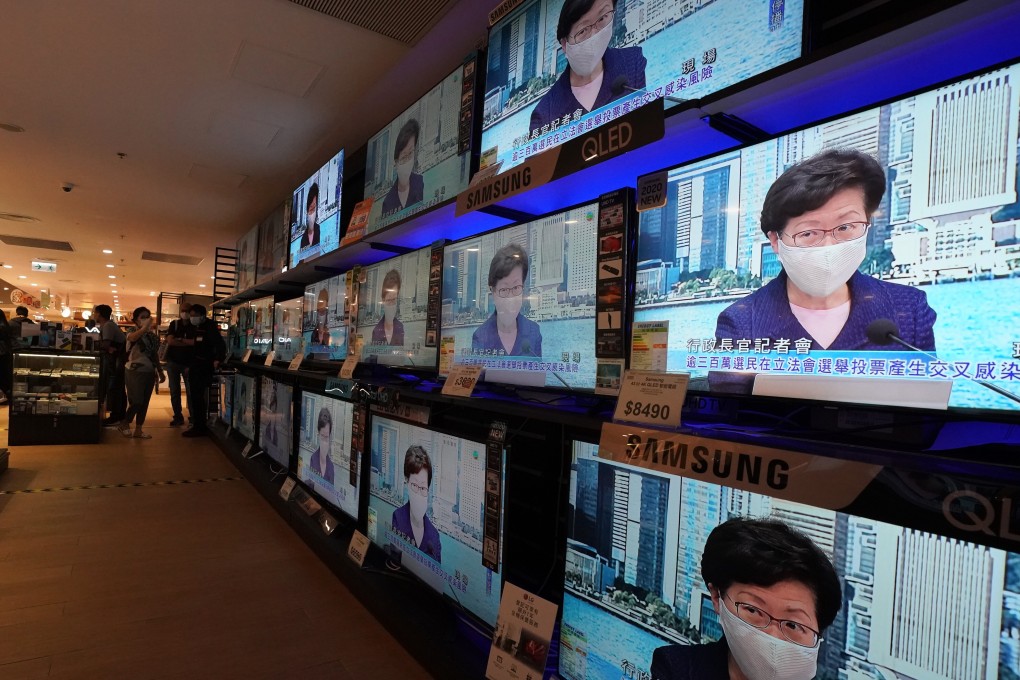Advertisement
Hong Kong government could fuel public distrust with Legislative Council elections delay, warns international group
- Work by International Institute for Democracy and Electoral Assistance was cited by Chief Executive Carrie Lam as justification for decision
- But it says ‘decisions taken unilaterally’ are risky and opposition groups often see move as attempt to reinforce power
Reading Time:3 minutes
Why you can trust SCMP

An international election monitoring group, whose findings were cited by Hong Kong’s leader to justify the postponement of the Legislative Council elections, has warned the government’s top-down decision could fuel public distrust.
The International Institute for Democracy and Electoral Assistance, a Swedish intergovernmental organisation, made the comments to the Post days after Chief Executive Carrie Lam Cheng Yuet-ngor cited its work in her decision to delay the polls for a year because of the coronavirus pandemic.
Defending her move last Friday, Lam said the group had “made a comparison” for the administration, which showed that “more countries postponed elections than those held them as scheduled”.
Advertisement
She was referring to the group’s project which tracked the pandemic’s impact on the elections of 162 countries since February, showing 68 places postponed their polls, while 49 went ahead.

03:39
Hong Kong Legislative Council elections postponed by a year
Hong Kong Legislative Council elections postponed by a year
But in a reply to the Post, Laura Thornton, director of the group’s Global Programme, also warned of the political risks associated with Lam’s decision.
Advertisement
Advertisement
Select Voice
Select Speed
1.00x